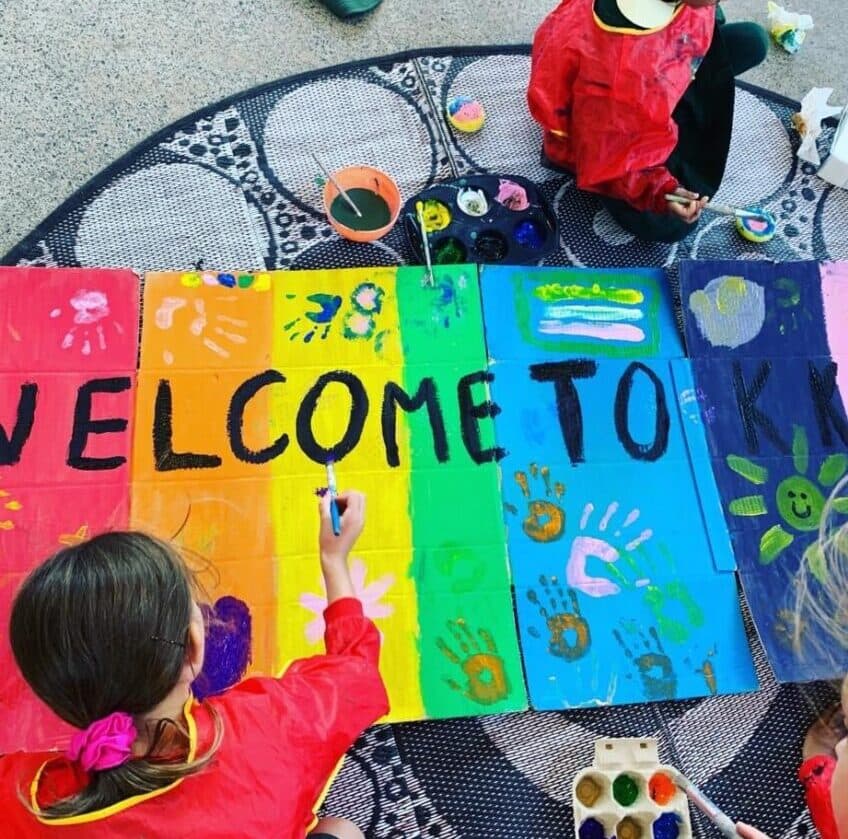In The Field
Outside School Hours Care
OSHC service Killara Kids explores continuous improvement through community collaboration

Freya Lucas
Sep 14, 2022
Save
Killara Kids is an outside school hours care (OSHC) program, delivered on the grounds of Killara Public School, in Sydney’s North Shore.
Business Director Taylor Estwick recently spoke with the New South Wales Department of Education about how the service prioritises continuous improvement through collaboration with the local community to enhance their practices and staff development, in line with Element 7.2.1. An extract from their conversation appears below.As well as collaborating with the school, Ms Estwick began, the service has strong connections with key community stakeholders including charity groups, Handprints Child Care Centre and a local emergency services group.
“Our service believes children develop a strong sense of identity and belonging through having ties to our local community, including their school and OSHC service,” she explained.
The service is under the auspices of a parent management committee, which comprises members of the school’s P&C and parents of children who use the service. The committee meets regularly with the school’s leadership team, and with the P&C.
“We are informed by recommendations from the school community in relation to operations at Killara Kids, as well as other matters such as behaviour management, supervision, child safety and sharing of risk assessments,” Ms Estwick said.
As well as community engagement, the management team at Killara Kids also invests heavily in their educators’ professional development, with the leadership team committed to the process of continuous improvement – something they seek to embed right across their centre.
“We really strive to create a culture of professional inquiry in which our educators are encouraged to engage in robust discussion and challenge themselves and others,” she continued.
“This is formally implemented in our mentor groups where each educator is assigned a mentor from Management who they work alongside to set and achieve goals.”
Such relationships foster supportive learning within the centre, while also showcasing constructive and healthy relationships for children.
Self-reflection and quality improvement occur every day, as educators are encouraged to have regular formal and informal discussions to reflect on their own practices and suggestions from families to improve service provisions.
Quality improvement efforts are shared by the whole team, with Quality Improvement Focus group meetings held which allow for critical reflection and a team approach to service development.
The service’s Quality Improvement Plan (QIP) is informed by these meetings, and is regularly updated to keep the team motivated and striving for continuous improvement in practice, policy and procedure.
“This is an effective evaluation and self-review process enabling us to continuously improve together with engagement from all stakeholders, including families, creating a culture of continuous improvement within the service,” Ms Estwick said.
“By working together, we create a positive and welcoming organisational culture that delivers a quality service to children and their families.”
Don’t miss a thing
Related Articles



















